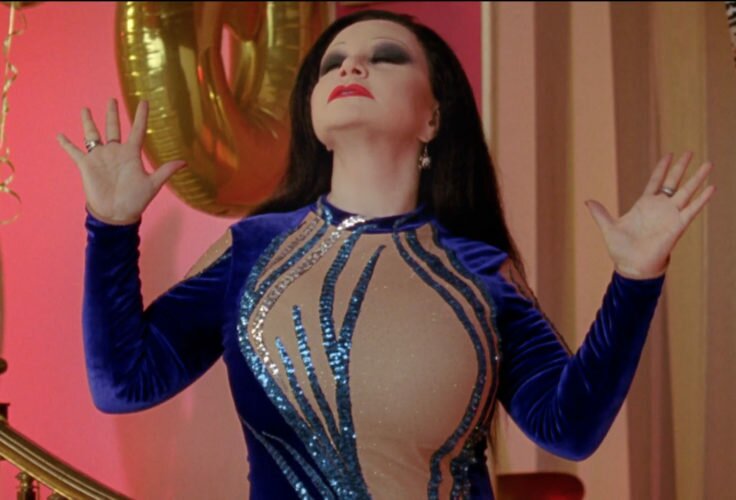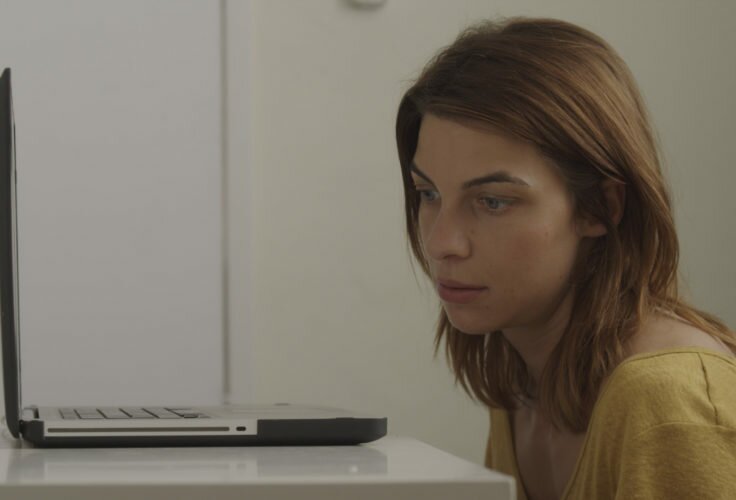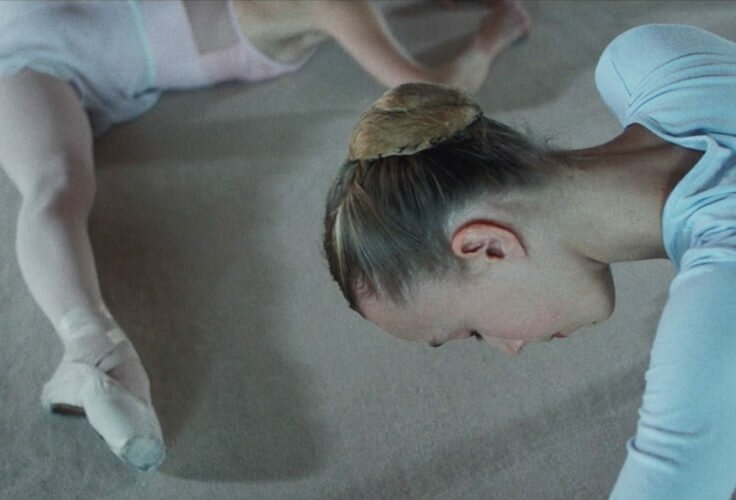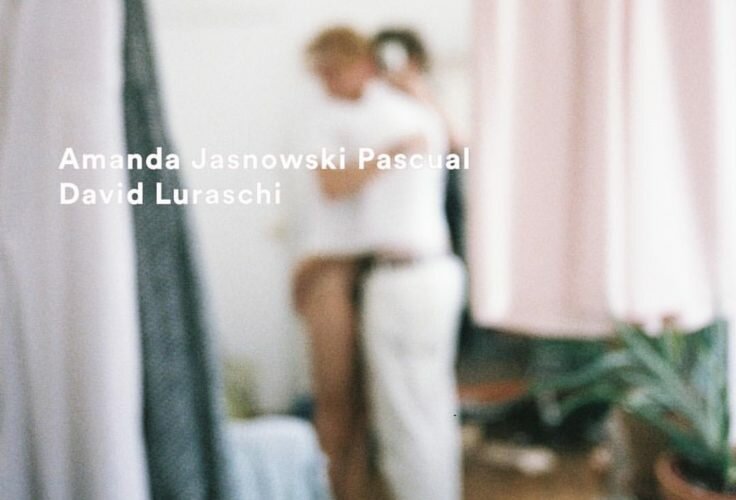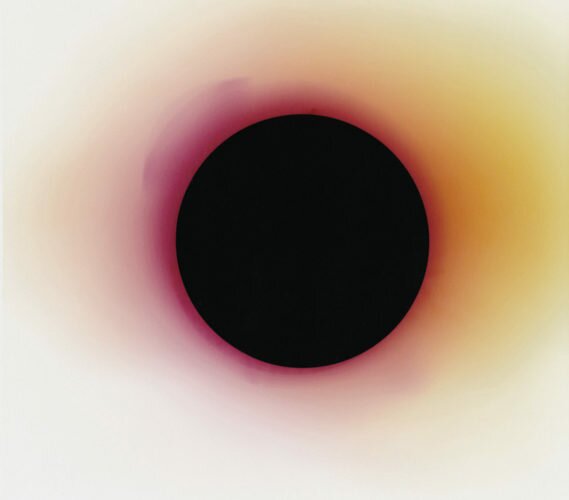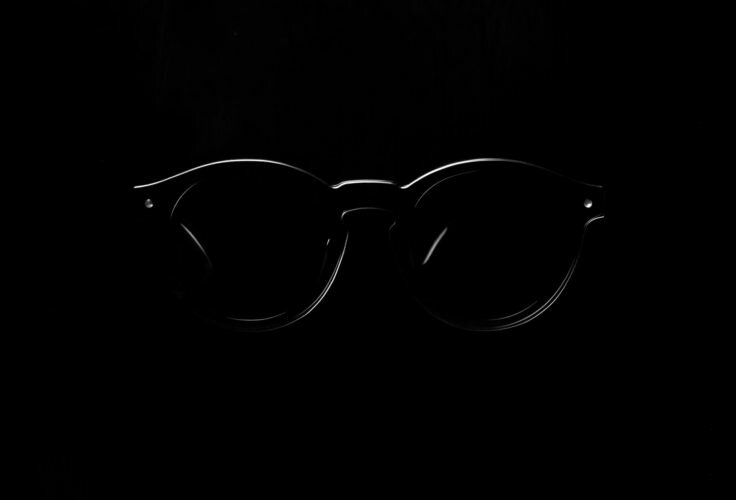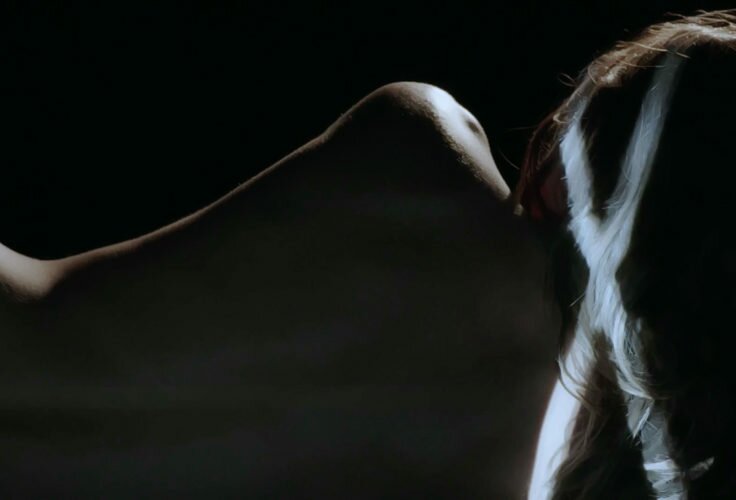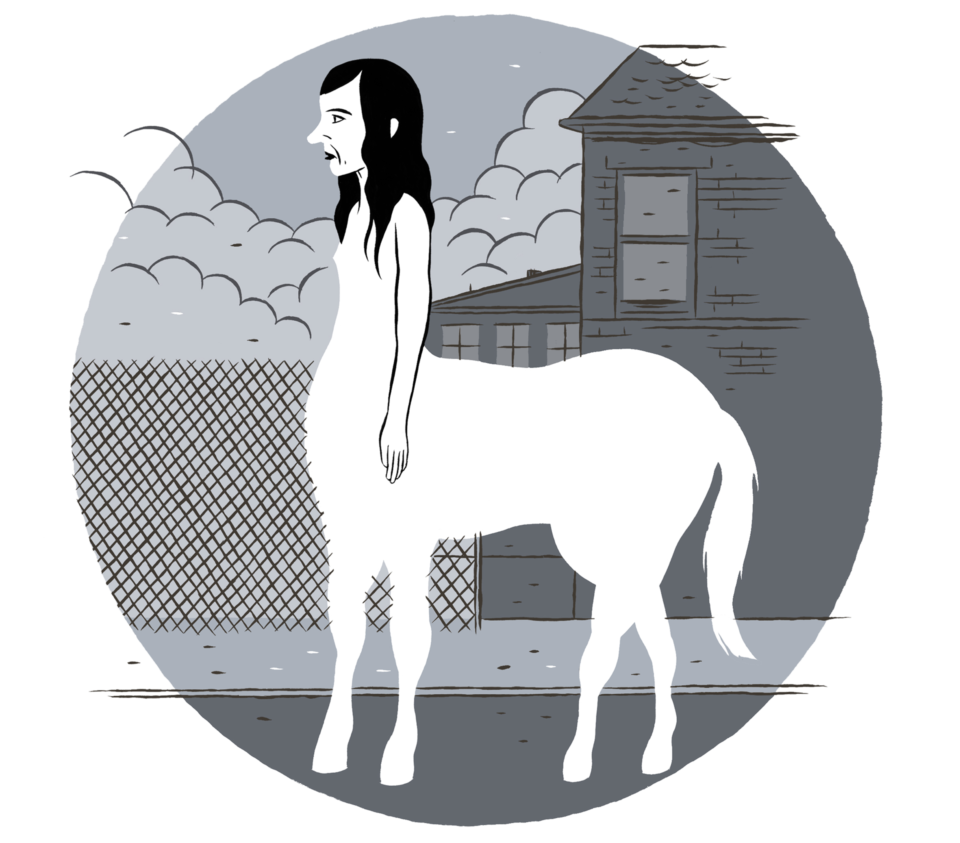Rubén Lardín keeps on writing letters to unexpected addressees, in this case Rocco Siffredi. The illustration, as usual, is by Paco Alcázar.
FALSE FRIENDS
2. PJ HARVEY
BY RUBÉN LARDÍN
A false friend means being betrayed by vocabulary. Writing open letters to unknown characters might be a reckless thing.
In this section, Rubén Lardín sends an unasked for weekly missive to the stormy electrodynamical sea.
I’ll call you Polly Jean, and don’t ask me who do I think I am. It’s the kind of privilege that pedestrians take with people of elegance and reference, those of you who have managed to, being so far, seem so close. I haven’t listened to your new album too much, but summer is here again, Polly Jean, summer always comes to give everything back its meaning and it seems a good excuse to write you a letter and note that this year you’re dreaming very well and you look as gorgeous as ever. I don’t know how critics are treating you, but I think that they like you in general, everybody likes you as though you were a ginger head and besides since you’re not girls like you too.
Among learned and refined people today it’s considered frivolous talking about sheer beauty as part of the deal, but what I find unfair is trying to ignore how beautiful you look when you sing, a detail with which I avoid my musical ignorance and I dwell on this by admiring your funny way of dancing, when you decide to dance, that concise administration of your guitar, the changing haircut, the somewhat whiny gaze and the snout you sometimes painted of fuckable red, good old scarlet dressing that stubborn mouth. Your prominent riding-horse-girl lip, the reminder of an animal you will learn to tame with time, because if you’ve made something clear in all these years is that you are your own amazon.
I think you could sing while chewing gum, Polly Jean, but what I’m about to say, you won’t like at all: what attracts me from your music is that it’s a comfortable philosophy, your trance is very easy to stand, it doesn’t hurt, listening to you is like patting a drama on the head. To me, that’s nothing bad, as it isn’t bad that you decline the feminist label that someone always tries to stick on dancing women. Since it immersed itself in the electronic current, self-proclaimed feminism is undermining feminism, and very soon we will find ourselves giving explanations about patronising, instrumentation and playing at being too susceptible. With your denial and your doing your own thing I think you’re gaining a true feminist reputation, the most sensible and maybe the only possible, the one ignoring all that chit-chat and not trying to take advantage of it. Monetising, it’s now called. Any words having to do with money are a pain for vocabulary unless they express a reasonable or even an immoral amount, but in general people can’t talk, Polly Jean, they talk the way they write. In 21st century Spain we don’t even know what we’re saying and we’re all angry at each other.
I also like the fact you don’t talk about your songs, you never explain them, or leave it all explained in them, I mean, you respect yourself and are elusive when people ask you. You’ve written on the first person, and that entails a risk. Crowley said (or maybe it was William Blake) that every time you say “I” you hurt yourself. I choose not to listen to your lyrics a lot of the time, both those that have and those that don’t have that folk groove so alien to me. It’s the only advantage of not hearing English when you listen to it, I understand guitars far better and I can assure you that a lot of the time you’ve been much more without the verb, you have showed yourself more atavist and thus more everything to my taste.
Lately you’re projecting yourself to the world, you have become closer to man’s conflicts, but you’re still aloof. You always looked good singing in Tokyo, for instance. Now that we have already equalled the Japanese when it comes to neurosis and pathologies I’m not so sure, but at some point you must have been for them like a lily, an autonomous sprout singing from the guts although now you have displaced the motor towards the head, a path of compromise I guess is very vast for your exegetes, who don’t have a clue about anything and lose it for a well-read chick. You even devoted an album to war!
Like Björk with Bataille but with less pouting, I’ve been told that at some point you felt illuminated by Roland Barthes. At the other end of the line there’s always a Frenchman, notice, alive or dead, but French, they’re rascals. In his Fragments of a Lover’s Discourse, Barthes proposed elucidating love and making a deal with its inconvenience as so many pop records have done, unwinding song by song the mysterious circumstances of someone in love, always so alone, excluded from men’s agreements and unable to open a source for the spring running within himself. But self-control isn’t something that can be studied. Sometimes it’s easier avoiding a blow than getting rid of a hug, but Barthes was run over by a car in front of the university, so you better be careful.
I’m not sure I’m explaining myself too well because the experience of these letters is a unilateral one; they’re cold letters, with no resolution. Maybe I should invigorate my letters. I’ve been told that there are schools in which children are taught ’emotional intelligence,’ a concept which was fashionable in the eighties as a foreword for the neoliberal thought we’re still immersed in. It was one of those crossroads in which psychologists and economists found each other and made a toast for our future, the beginning of the end. Emotional intelligence, what do you think? I think it’s a huge lack of humility, a great idea but overdone in a shameful way, but I understand that something should substitute old religions, in their last days and with exhausted mythologies. For the moment it’s all false steps, it isn’t easy to conduct oneself with common sense in a world that believes itself mathematic, which is being run over by the imposition of numbers. In fact, it’s a catastrophe, Polly Jean, we’re missing all of our trains. A few months ago, in Barcelona, a couple shagged in the underground’s platform. Everyone could see them, but they saw no one, because they were absent in what Barthes might have called at some point des-reality. Why do they call it love? I don’t think I’m the person to answer that, but yes, they’re different things. Those two youngsters were trying to be one and love is usually the opposite, a split. It doesn’t matter, the thing is that those images between voyeuristic and hurried became viral, published beyond the place they were taken, reproduced once and again with the subsequent Pharisee scandal of that civil population that stay at home, who didn’t take the tube that night and who usually appeal to children in order to hide their fear of any type of subversion, the dimwits.
Now I’m listening to your first albums, and since they’re the first they will always be newer than the last, more modern, and I ask myself how much time must we have lost since then between love and lack of love. It’s a squander we can’t put into words, Polly Jean, it can’t be described, neither you nor anyone else could do it. But it’s also undeniable that taking secondary roads you might take longer, but you will go further away.


